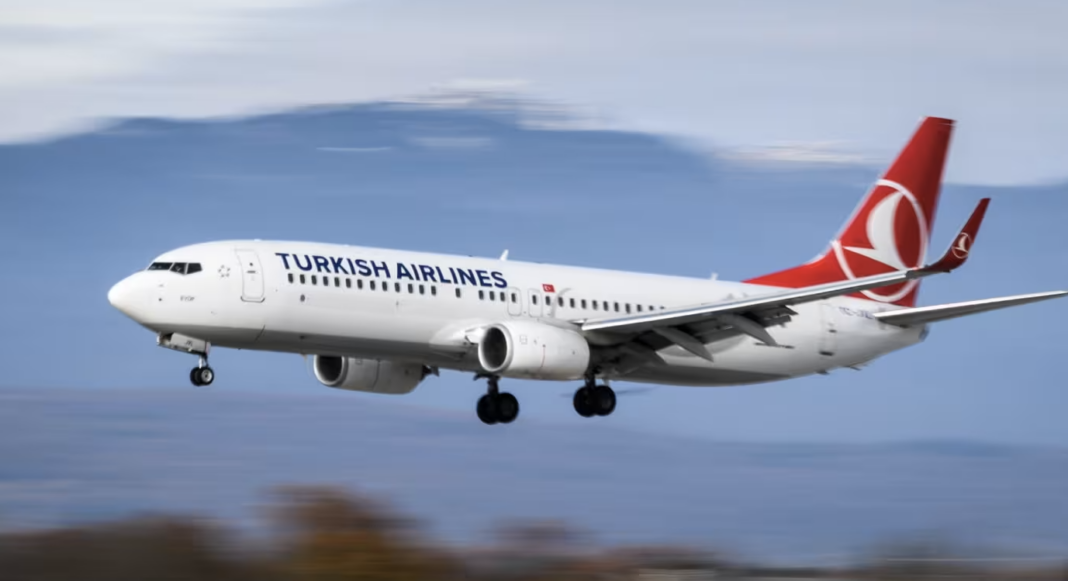Carrier says production problems have held up negotiations as it announces deal with Airbus
Financial Times, April 30, 2024, by Adam Samson
Turkish Airlines has warned that “problems” at Boeing had held up negotiations over a major jet order as the carrier sealed a deal to deepen ties with the US manufacturer’s rival Airbus.
“We aren’t in a rush” to conclude a deal to purchase a mix of Boeing wide-body and narrow-body jets as the plane maker was struggling with “production” and “quality” issues, Turkish Airlines chair Ahmet Bolat said on Monday.
Boeing has been forced to slow down production of its popular 737 Max aircraft after a door panel blew out of one of them mid-flight in January. This has had ripple effects through the industry, with US and European carriers forced to trim schedules for the busy summer flying season.
Turkish Airlines remains in talks with Boeing over a potential order for 150 narrow-body and 75 widebody aircraft but is also considering purchasing more planes from Airbus. The carrier last year announced a deal to buy more than 200 Airbus aircraft worth tens of billions of dollars, which was formalised at a closing ceremony in Istanbul on Monday.
Airbus also said on Monday that it planned to increase its local production of aeroplane components in Turkey in tandem with the expanded Turkish Airlines fleet. Turkish companies already play a role in Airbus’s supply chain, with more than 30 providing a range of components.
Bolat said that while “we never put all our eggs in one basket”, Turkish Airlines would not be hasty in agreeing any deal with Boeing. Boeing declined to comment.
Turkish Airlines has sharply increased its passenger numbers and capacity since 2019, bucking the trend in the global airline industry, which has yet to recover to pre-pandemic levels.
It is seeking to boost its capacity further in coming years, and plans to build its aircraft fleet from about 450 planes at present — both Airbus and Boeing jets — to more than 800 by the end of 2033. Bolat said Turkish Airlines would typically have split this order for additional aeroplanes “half and half” between Boeing and Airbus, but this was now in flux. The choice “depends on what Airbus and Boeing will bring to the table”, he said, adding that “we aren’t in a rush”.
He said the carrier would examine “how Boeing will tackle [its] issue[s]“, but also what steps Airbus would take to resolve its own production challenges.
US aviation safety regulators have capped Boeing’s output of its 737 Max aircraft while the company focuses on improving its manufacturing and quality processes. It burnt through almost $4bn in cash in the first three months of this year after it slowed production and paid customers $443mn in compensation after the blowout in January.

